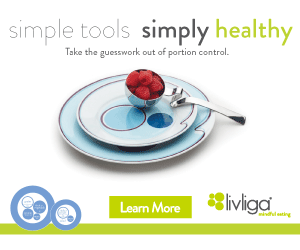One of my favorite periodicals I read is The Week. Dear friends of ours gave us a subscription to it years ago and have been treating us to it ever since! It has an international perspective, quoting other periodicals and their take on certain issues. It also provides more in depth articles about current topics. One such article I read recently was about how we learn and what an important part our unconscious plays in our learning. It is an understanding about the way we learn that I have never had before. Really eye opening. David Eagleman, a renown neuroscientist, wrote this article about the differences between our conscious and unconscious learning.
He describes how we do things regularly and automatically that we can not describe how we know what we know, nor can we explain the steps necessary to complete the action. This information resides solely in our unconscious. He states:
"There can be a large gap between knowledge and awareness. When we examine skills that are not amenable to introspection, the first surprise is that implicit memory is completely separable from explicit memory."
There are things we learn unconsciously and know implicitly that our conscience mind is simply unaware of. He describes how during World War II in England there were a couple of individuals who were expert at differentiating the German planes from the British aircraft. An important and critical skill to have at that time. The British tried to teach this skill to others but failed. Ultimately they discovered that through apprenticing with those who had the skill, others could learn, innately, through trial and error. It was their unconscious learning the differences. Or there are those able to differentiate the sex of new born chicks. It is not something that can be seen at that early age of a chick. It is by "feel" that some have the innate ability to do this "chicken-sexing". How? Through the unconscious brain. This talent can be acquired, but only through trial and error and not through conscious learning.
Also interesting, our unconscious brain allows us to perform tasks at a much faster rate than we can with our conscious brain...like reacting to someone throwing a ball at us.
How is this relevant to a Healthy Lifestyle, you ask? I see that we have conscious as well as unconsious learning to do in order to permanently change and improve our lifestyles. Since they are separate, we cannot count on our conscious mind, i.e., our mindfulness to entirely guide us in making the right decisions. We are also going to have to cultivate our unconcious mind to support this endeavor as well. It is clear we rely in our daily lives on implicit memory. Regrettably, for those of us who are overweight, those memories can work agaist us when we are embracing a healthy lifestyle. Not only do we need to be minfdful, but we also need to add new, healthy abilities to our unconcious brain.
As I think about this, it seems to me we all need to become an apprentice to a healthy eater or a person who currently lives a healthy lifestyle. Exposing our unconscious to the habits of a healthy, right-sized person will teach our unconscious mind how to act innately, even when we are not being mindful of our eating. I suspect this is the exact way healthy people are functioning naturally and how they stay healthy. They are not relying on their conscious mind to do so; it is in their unconscious mind to perform tasks, like eating a meal, in a way that is consistent with their overall well being. This is what I want!
Subscribe to:
Post Comments (Atom)










No comments